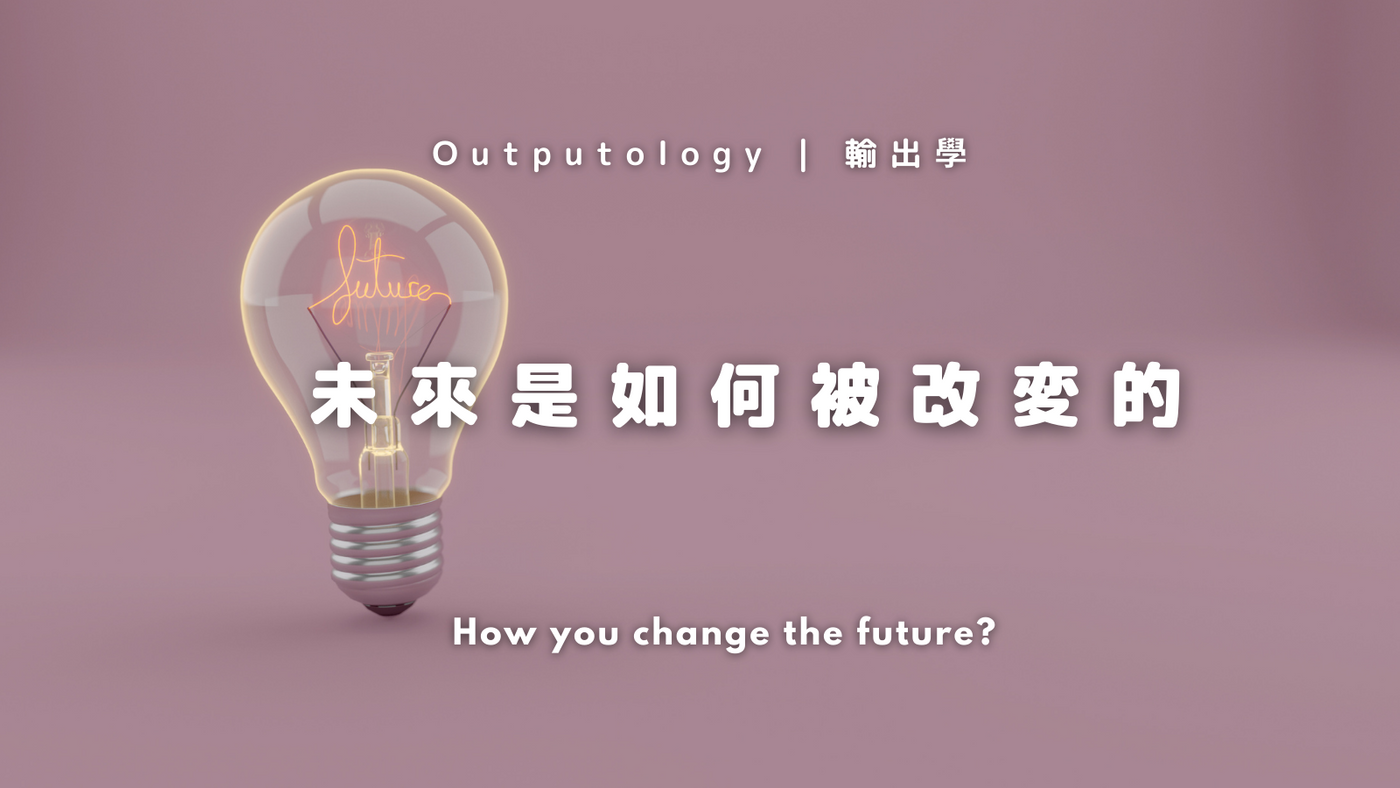005 | How the future is changing: Open attribution.

The previous article "The language you use determines your future." mentioned a "future model":
Language-->Thinking-->Behavior--> Habits-->Life.
Today, let's add a pre-triggered element "event" of this model.
Our daily life is made up of different coherent or incoherent single events, and when these events occur, our brains generate "thoughts" , "internalized language" .
E.g:
Triggering Event: No Money
Whether you are "out of money" as soon as you get paid, or "moonlight-style out of money", when this "event (fact)" happens, your "internalized language" system starts to work. At this point a single behavior is formed:
For example: no money > too little salary > complain > get psychological comfort|
The key misunderstanding here is "single event attribution".

The brain's work here is over because it gets "comfort" . The biggest problem in this model is that it "single" the attribution of events, thereby limiting "future possibilities" .
The next time the same event happens again, the brain chooses the same path. Because the principle of the brain's work is "if you can stop the brain, you can't stop the brain". So what will happen?
No money > habitually feeling that the salary is too low > habitually complaining = a given future
Converted to a general model, namely:
Facts > Attribution of Habitually Given Facts > Habitual Actions > Given Results (Future)

Habits come from the output of "internalized language" , which is why I say "language" is very important.
Let's look at a different path, also "no money" :
No money > too little salary > raise salary > successful or unsuccessful salary increase
(established fact) > (open attribution: idea/thought) > (possible action) > (result feedback)
It can also be:
No money > too little salary > trying to increase income > successful or unsuccessful
no money > too little salary > trying to change jobs > successful or unsuccessful
no money > spending too much > trying to save money > successful or unsuccessful

The biggest difference is that "open attribution" enriches "possible actions " and gives you "choice", which also means "freedom".
We cannot change the facts, but we can change the perception of the facts.
In fact, Adler's psychology has the same theory.

Keeping an "open attribution" to events at all times is the most important "habit".
I wish everyone can overcome the lazy brain and become their own masters .
about me:
A roast chicken that lives in the southern hemisphere.
Export Studies Instructor, ICF Certified Qualification
Committed to promoting the "output" thinking system, and using "output" to promote the growth of more people.
Contact me: milagro0828@gmail.com
Like my work? Don't forget to support and clap, let me know that you are with me on the road of creation. Keep this enthusiasm together!

- Author
- More